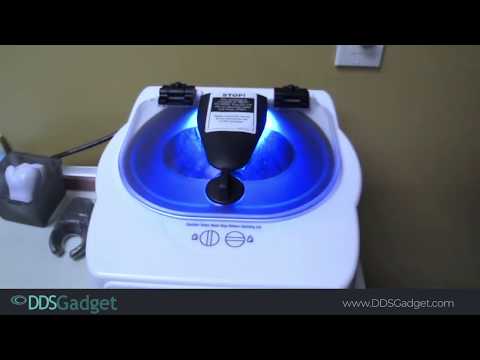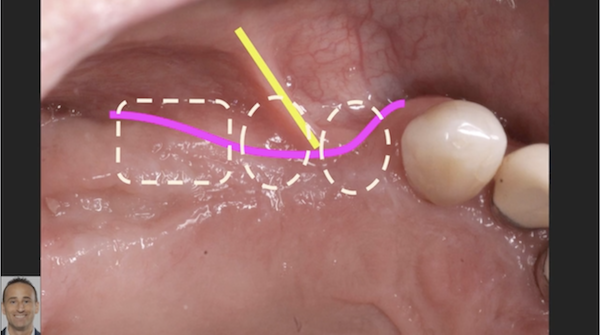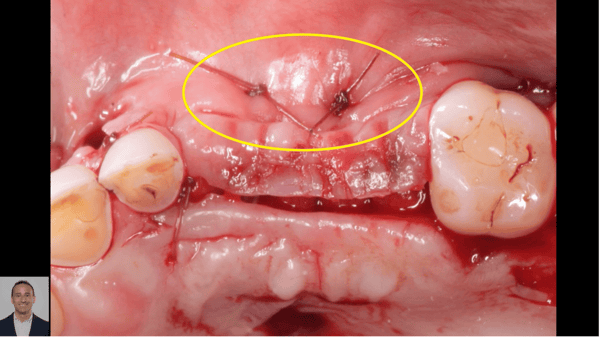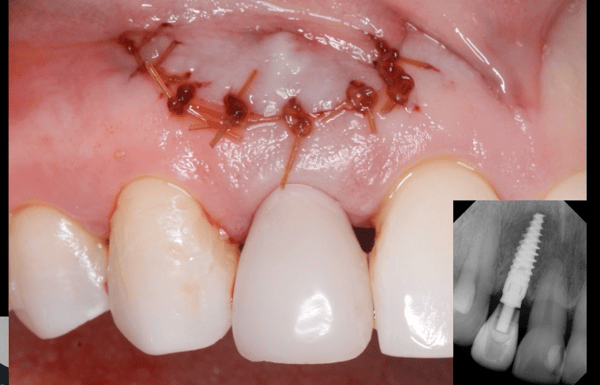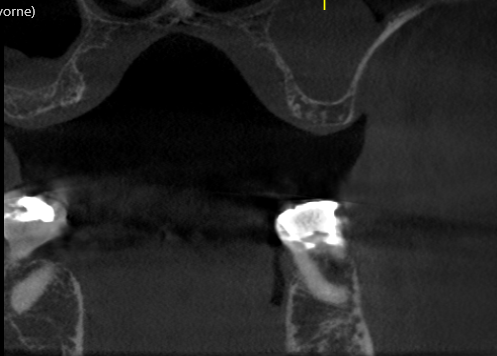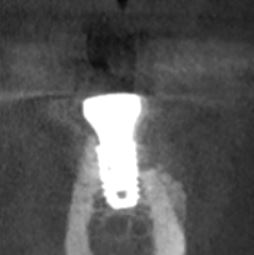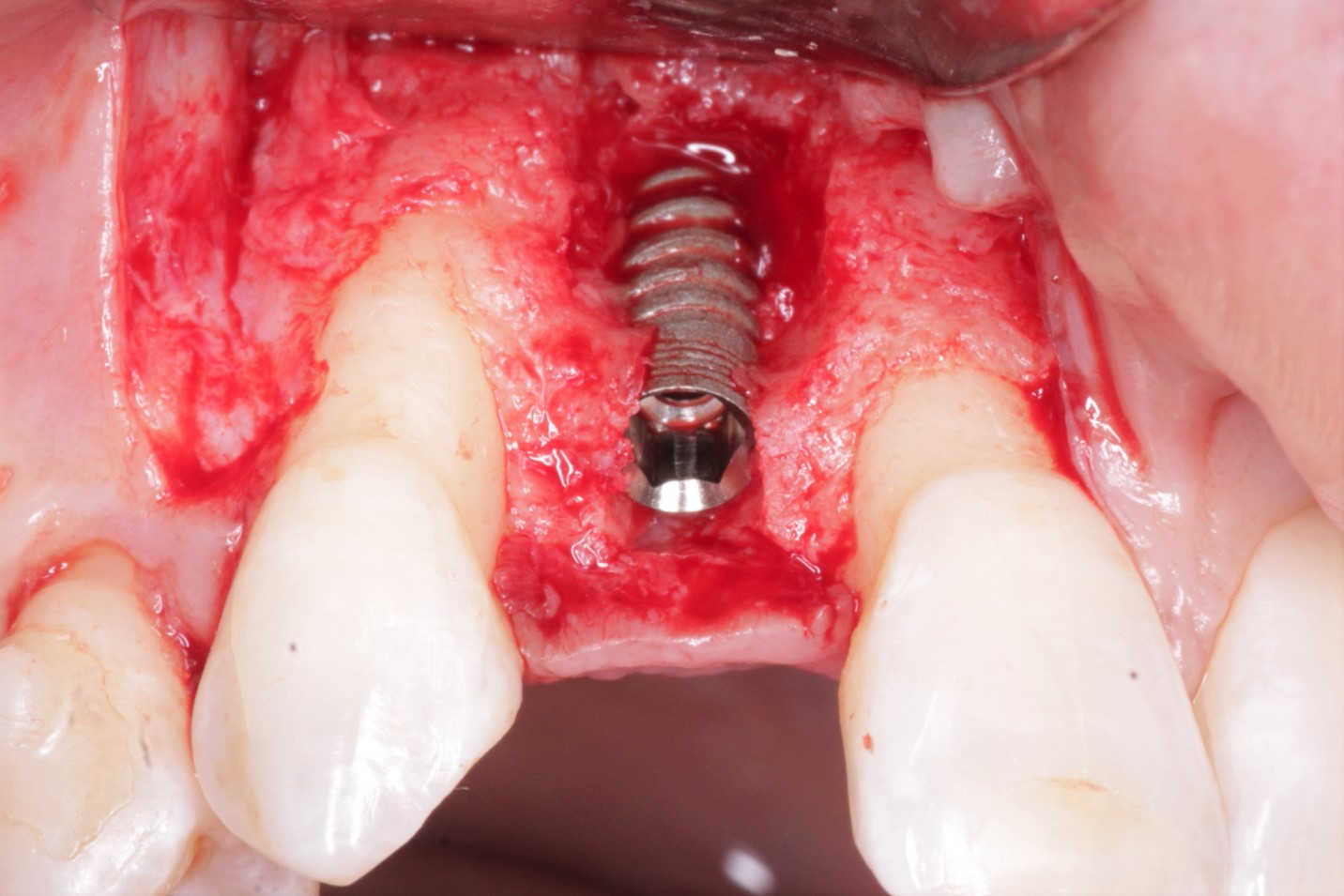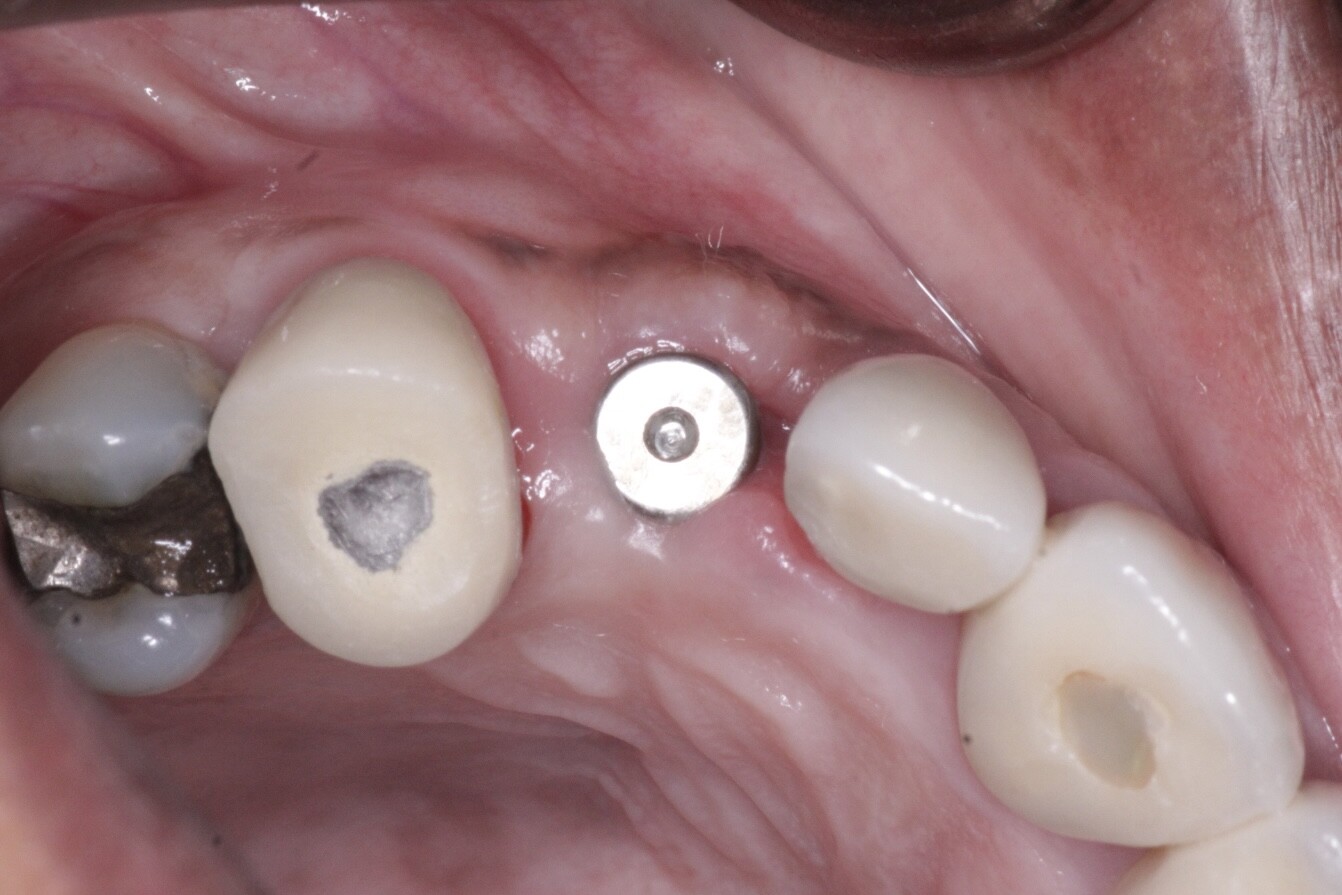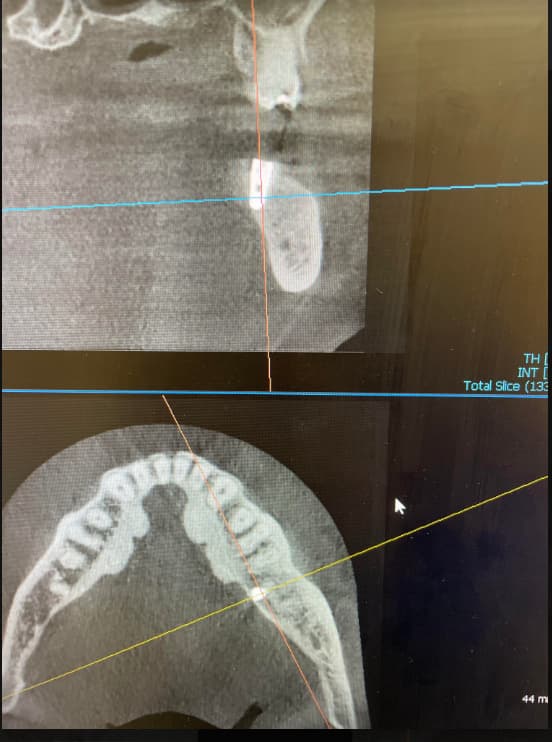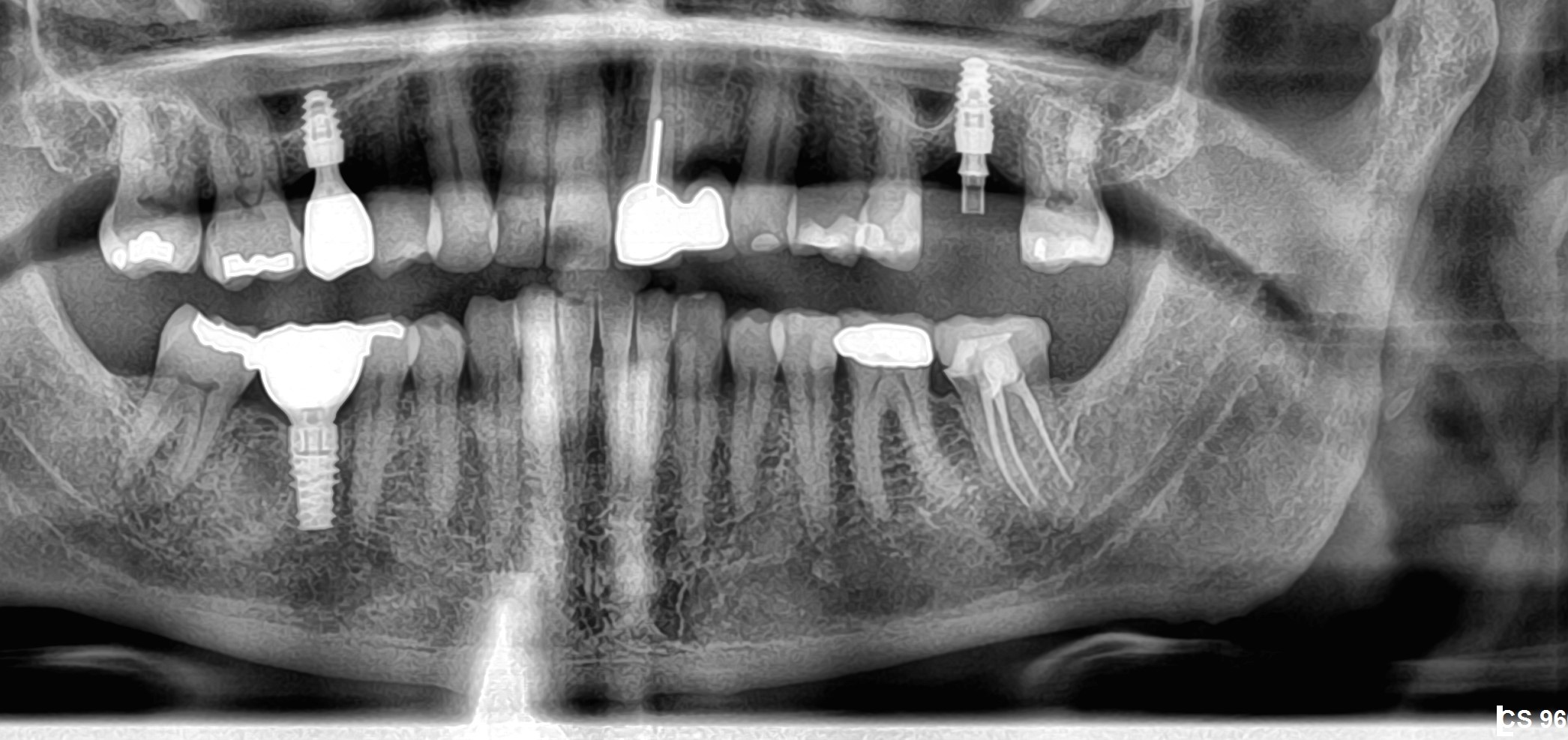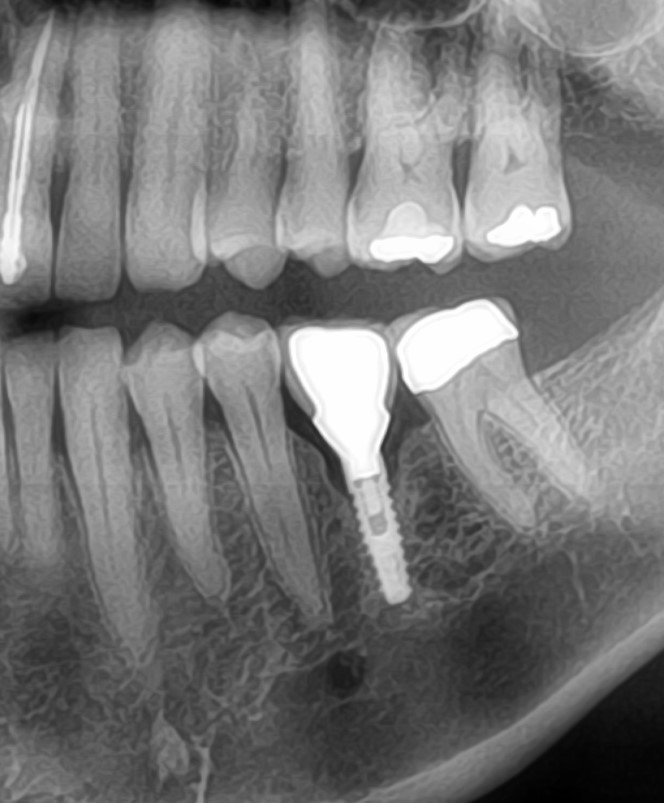HIV Positive Patient for Implants: What Precautions Should I Take?
Anon asks:
I have a forty year old female patient who is HIV positive. All her teeth were extracted 1 year prior. She has not been able to keep up her nutrition and her medical team has requested that she be fitted with implant retained or implant supported restorations so that she can improve her nutrition. What laboratory tests will I need? What kinds of precautions should I take? Are there any limitations in treatment?
6 Comments on HIV Positive Patient for Implants: What Precautions Should I Take?
New comments are currently closed for this post.
Sb oms
3/14/2011
What's her viral load and cell count? If you do not know to ask these questions, this is not a good patient for you.
Don't place implants in a patient with a disease that you know nothing about.
I would refer to someone who has a better command of the patient's medical status.
HIV positive patients can be good candidates for dental implants. However, you need to have some basic understanding of her disease and immune status before proceeding.
Perioman
3/15/2011
Dear Anon
Kindly be weary that HIV positive patients are also more likely to suffer from periodontal disease. If you do eventually proceed to implant therapy for this patient, it is imperative that she is meticulously monitored and maintained postoperatively to limit the likely of periimplant disease complications. Periopratively, one should also take all measures to limit the onset of infections and do consider prophylactic antibiotics as compulsory.
osurg
3/15/2011
Anon:
You are in way over your pay grade. If you need to ask these questions you need to turf this patient to someone who understands the ramifications of HIV.
DrAbg
3/16/2011
In an immunocompromised pt. like this & not able to maintain nutrition is a bad candidate for implant procedures
peter fairbairn
3/16/2011
18 years ago I placed 2 implants ( only 2mm between them) and cantilevered a 3 unit bridge of it . He had full blown AIDS and was not expected to survive for long but asked m please to do the case . Well saw him again 2 years ago ( he was healthy due to anti-retrovirals ) to place another Implant and the initial implants had lost NO bone on one and 1 mm on the other .
Sometimes patients need hope as well , yes we know the situation of immunocomprimised patients but maybe they do deserve treatment on an equal basis.
Case afew years ago I did another case with an HIV positive patient as a referral where we needed extensive bone regeneration ( I only use synthetic graft materials ) and all went well loaded at 4 months and still great. He turned out to be a lawyer specializing in rights for action groups.
Immuncomprimised patients are a risk group ( as are smokers , and diabetics ) and should be dealt with as such not merely a rejection for implant options.
The most important aspect is that we are informed of the situation and can thus take the requried action.
Peter
Dr. FGS
3/16/2011
I would agree that further information is needed. Viral loads and CD4 counts are necessary. Remember that an HIV-positive patient is not a full-blown AIDS patient and should be managed differently. The prevalence of periodontitis in HIV-positive patients is similar to non-HIV patients- See Friedman R et al., J Periodontol, 1991;62:623-627.We have managed many HIV-positive patients and their periodontal disease successfully with minimal deterioration of their periodontal condition- assuming that their HIV-status has not changed- high CD4 counts and undetectable virus loads. Study up, my friend.





